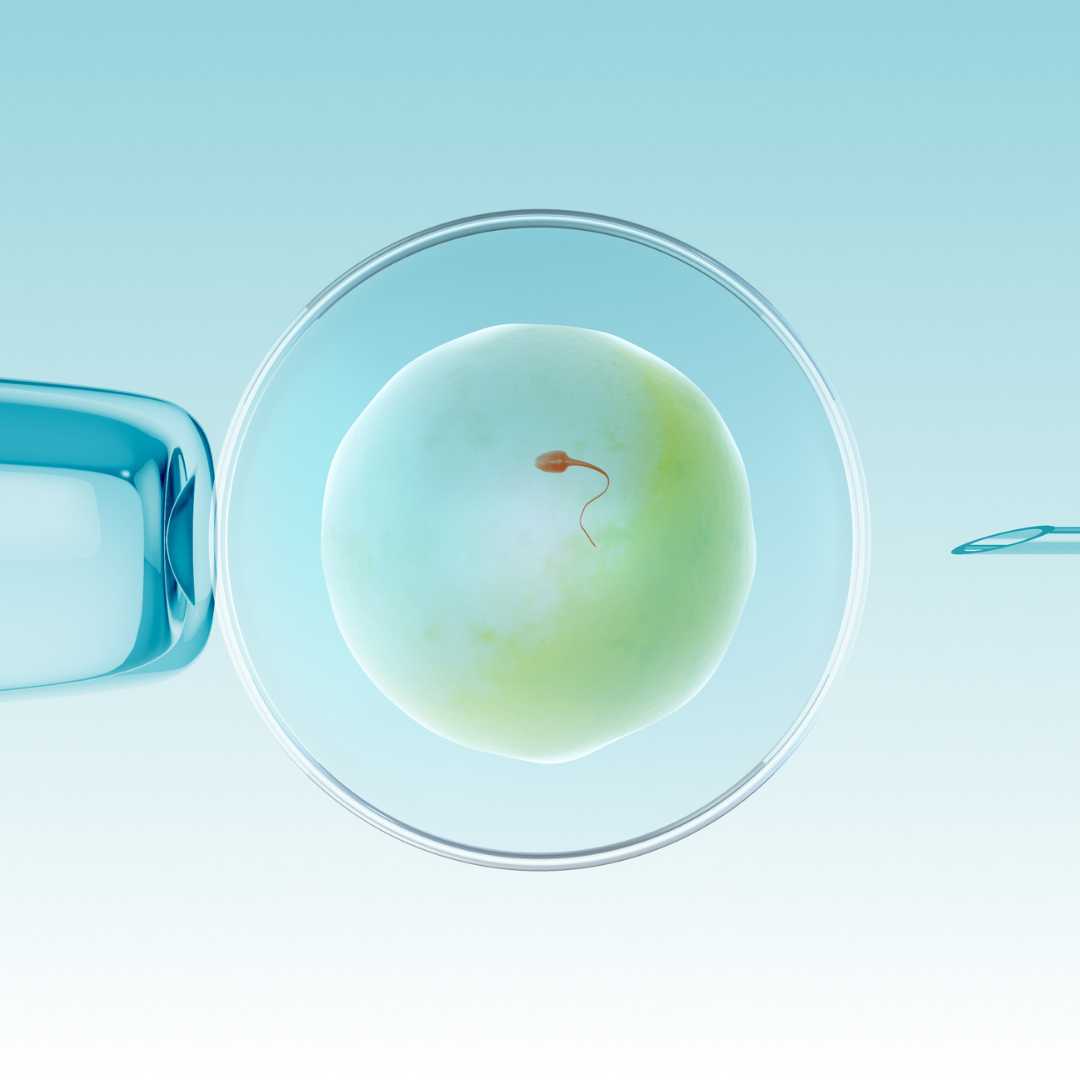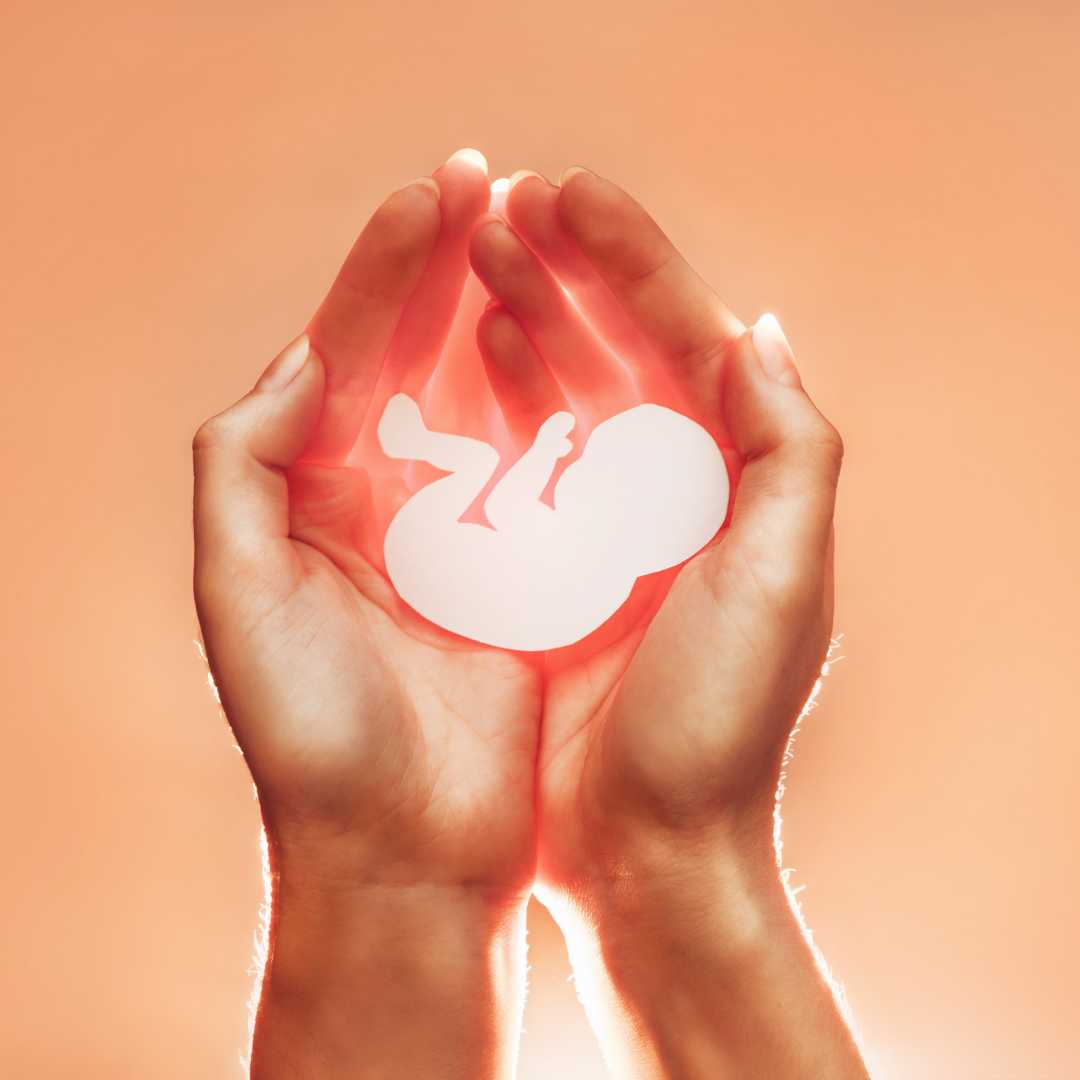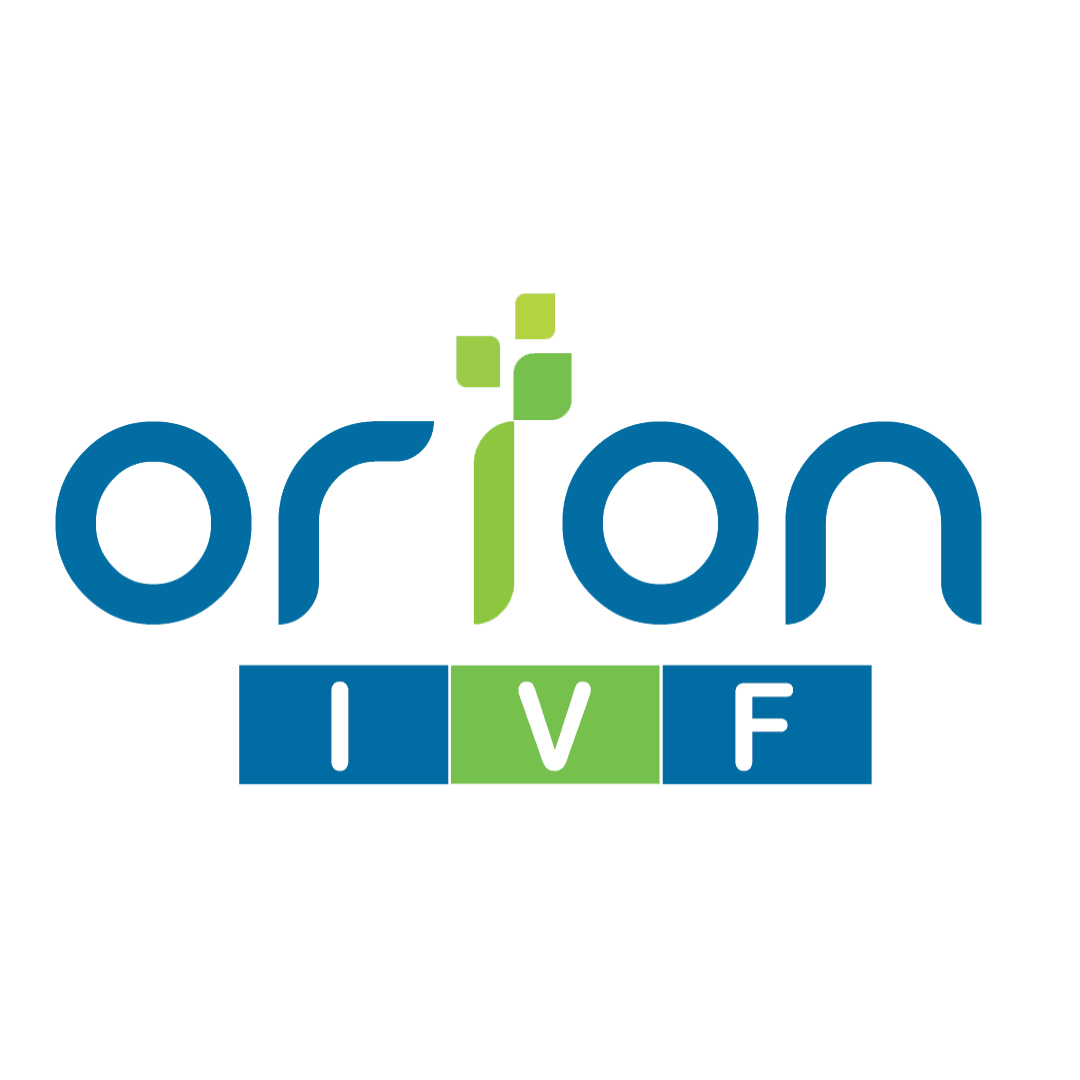.png)
The journey to parenthood can be emotional, especially for couples facing infertility. For many, IVF with egg donors in India offers hope, combining legal clarity, affordability, cultural comfort, and simpler logistics compared to seeking treatment abroad.
This comprehensive guide explores the compelling reasons why India has become the preferred destination for its own citizens embarking on the journey of IVF with egg donation, weighing the distinct advantages it offers over a popular alternative like Thailand.
Key Takeaways
-
Legal Security: India's Assisted Reproductive Technology (ART) Act, 2021, provides a robust and clear legal framework that protects the rights of the patient, the egg donor, and the child, offering a level of security that can be uncertain in a foreign country.
-
Significant Cost Advantages: When factoring in travel, accommodation, and time away from work, the total cost of IVF with an egg donor in India is substantially lower for Indian residents compared to undergoing the same treatment in Thailand.
-
Cultural & Genetic Alignment: Access to a vast and diverse pool of Indian egg donors allows for a closer match in physical characteristics, ethnicity, and genetic background, which is a significant consideration for many families.
-
Cost of IVF with Egg Donor - India vs. The World:
-
India: A complete cycle typically costs between ?2,50,000 to ?4,00,000 ($3,000 - $4,800).
-
Thailand: The cost for foreigners can range from $7,000 to $10,000, excluding travel and accommodation.
-
Mexico: Couples can expect to pay between $10,000 and $15,000.
-
Cyprus: Costs are generally between €6,000 and €9,000.
-
The Legal Landscape: Navigating IVF Regulations at Home and Abroad
India’s well-defined ART Act offers a protective legal bubble for its citizens, providing clear guidelines on donor anonymity, parental rights, and clinic standards. This contrasts sharply with the complexities and potential ambiguities of navigating a foreign country's legal system as a medical tourist.
India's ART (Assisted Reproductive Technology) Act: A Shield for Indian Couples
The enactment of the ART (Regulation) Act, 2021, was a landmark moment for reproductive medicine in India. This legislation was designed to regulate fertility clinics and ensure ethical practices, bringing a new level of transparency and security for couples. For those opting for egg donation, the act provides several key protections:
-
Donor Anonymity: The law mandates that the identity of the egg donor and the recipient couple be kept confidential, protecting the privacy of all parties involved.
-
Clear Parental Rights: It legally establishes the recipient couple as the parents of the child born through egg donation, eliminating any future legal ambiguities.
-
Regulated Donor Compensation: The act outlines clear guidelines for the compensation of egg donors, ensuring the process is ethical and not exploitative.
-
Clinic Accountability: All fertility clinics must be registered and adhere to strict standards of care and infrastructure, ensuring patient safety and quality treatment.
Thailand's Legal Maze for International Patients
While Thailand has a reputable medical tourism industry, its laws regarding assisted reproduction are primarily designed to serve its own citizens. For international couples, the legal framework can be more complex. There can be uncertainties regarding the legal rights of foreign parents, the specifics of donor anonymity, and how future changes in legislation might impact them. For Indian couples, the simplicity and security offered by their own country's laws are a powerful incentive to stay home for treatment.
.png)
The Decisive Factor: A Comprehensive Cost Comparison
While the listed price of an IVF cycle in Thailand might appear competitive, the total expenditure for an Indian couple is almost always lower in India. The ancillary costs of international travel, extended accommodation, food, and loss of income make treatment at home the more financially sound choice.
Let's break down the potential expenses in a comparative table:
As the table clearly illustrates, the hidden costs associated with international medical travel can more than double the total expense, making India the clear winner on affordability.
The Comfort of Culture and Kinship
The emotional and psychological stress of an IVF cycle is immense, and undergoing it in a familiar cultural environment, surrounded by a strong support system, is an invaluable advantage that a foreign country cannot replicate.
Shared Language and Understanding
Discussing sensitive medical details, expressing anxieties, and understanding complex instructions is seamless when you share a language and cultural context with your medical team. In India, couples can communicate with doctors, nurses, and counselors in their native tongue, ensuring nothing is lost in translation. This fosters a deeper sense of trust and comfort throughout the fertility treatment process.
The Power of Proximity: Family and Social Support
IVF is not just a medical procedure; it's an emotional marathon. The ability to have a parent, sibling, or close friend accompany you to appointments, offer a shoulder to lean on after a difficult day, or simply provide the comfort of a home-cooked meal is a profound benefit. This immediate local support system is a key reason why Indian couples choose to stay close to home.
Did You Know? India's vast population of over 1.4 billion people creates one of the most diverse egg donor pools in the world. This allows for meticulous matching based on a wide range of physical traits (skin tone, eye color, hair color), religion, and even educational background, a level of specificity that is hard to find elsewhere.
Donor Selection: Finding the Perfect Match
For many Indian couples, finding an egg donor who shares their ethnic and physical characteristics is paramount. Indian fertility clinics provide unparalleled access to a large, diverse pool of local donors, making this matching process simple and effective.
The Advantage of a Large, Diverse Donor Pool in India
Reputable fertility clinics in India have extensive databases of pre-screened, healthy young women who have chosen to become egg donors. This allows intended parents to find a donor who closely matches their physical attributes and genetic heritage. This process, often called phenotype matching, helps families feel a stronger connection to their future child and can simplify conversations about their child's origins later in life.
Challenges of Donor Matching in Thailand
While Thai clinics may have a database of donors, finding a donor of Indian ethnicity can be challenging and may involve a longer waiting period or additional costs. For couples who value a close physical resemblance, the ease and variety offered within India's donor database is a significant draw.
Medical Excellence and Success Rates: A Level Playing Field
Top-tier Indian fertility centers are equipped with the same cutting-edge technology and staffed by highly qualified specialists as leading clinics in Thailand. The quality of medical care and success rates for IVF with donor eggs in India are on par with global standards.
Indian clinics routinely employ advanced techniques such as Intracytoplasmic Sperm Injection (ICSI), Preimplantation Genetic Testing (PGT), and frozen embryo transfer to maximize the chances of success. The success rates for IVF with donor eggs in India are high, often ranging from 50% to 70% per cycle, as the eggs are retrieved from young, healthy donors.
Expert Insight "The technological and clinical advancements in assisted reproduction in India over the last decade have been phenomenal. Major Indian centers have labs accredited by international bodies, and our embryologists and clinicians are globally trained. There is no longer a technological or expertise gap. For Indian patients, the combination of world-class care, legal protection, and cultural familiarity makes India the logical and superior choice for their fertility journey."
The Logistics of Treatment: Simplicity vs. Complexity
Choosing to have treatment in India eliminates the logistical nightmare of international medical travel, allowing couples to focus their energy on the treatment itself, rather than on passports, visas, and flight schedules.
Minimizing Travel and Time Off Work
A typical IVF cycle requires multiple clinic visits over several weeks. For treatment in India, this might mean a short drive or a domestic flight. For treatment in Thailand, it means coordinating extended leave from work, arranging international flights, and navigating a new city, adding significant stress and disruption to life.
Follow-Up Care and Post-Treatment Support
The medical journey doesn't end with a positive pregnancy test. Follow-up appointments, early pregnancy scans, and ongoing support are crucial. Having your fertility clinic nearby makes this continuing care convenient and accessible. Should any complications arise, immediate medical attention from the team that managed the conception is readily available.
.png)
PlacidWay: Your Partner in Navigating Fertility Choices in India
Even when you've decided on India, choosing the right clinic from the many available options can be overwhelming. PlacidWay simplifies this process, connecting you with the most reputable and successful fertility centers across the country.
We understand that this is one of the most important journeys you will ever take. PlacidWay is here to provide you with:
-
Free, customized quotes from top-accredited IVF clinics in India.
-
Transparent information on clinic success rates, doctor profiles, and patient reviews.
-
Personalized guidance to help you compare your options and make an informed decision.
-
Support in scheduling consultations and planning your treatment.
Let us help you take the first step towards completing your family. Contact PlacidWay today for a free consultation and start your journey to parenthood with confidence.
Frequently Asked Questions (FAQs)
What is the age limit for egg donors in India?
Under the ART Act, 2021, an egg donor in India must be a married woman between the ages of 23 and 35 and have at least one living child of her own.
Is the egg donor's identity kept anonymous in India?
Yes, the law strictly mandates donor anonymity. The recipient couple will not know the identity of the donor, and the donor will not know the identity of the couple. Only non-identifying information (like physical characteristics, age, education) is shared.
How long is the waiting period to find an egg donor in India?
The waiting period is generally very short. Due to the large and well-organized donor programs at major clinics, a suitable and screened donor can often be matched within a few weeks.
Are the success rates for IVF with donor eggs high in India?
Yes, success rates are very high, often between 50-70% per embryo transfer. This is because the eggs are from young, fertile donors, which significantly increases the chance of creating healthy embryos and achieving a successful pregnancy.
Can I choose the physical characteristics of my egg donor?
Absolutely. Clinics provide a detailed profile of non-identifying characteristics of the donor, including height, weight, skin tone, eye color, hair color, and educational background, allowing you to choose a donor that meets your preferences.
What are the legal rights of a child born through egg donation in India?
The ART Act, 2021, explicitly states that the child born through assisted reproductive technology is considered the biological child of the commissioning couple, and all parental rights and responsibilities belong to them.




.png)




.png)









Share this listing